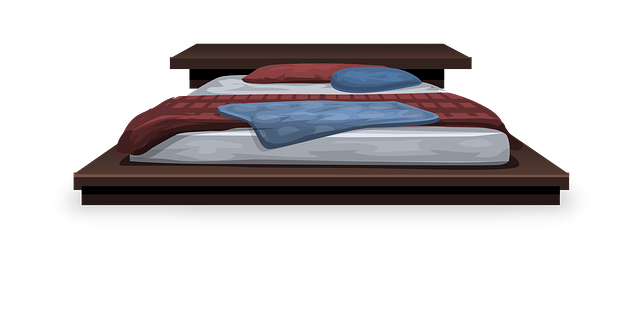A good night’s sleep is vital for our physical and mental well-being, yet many of us struggle to get quality sleep. If you find yourself tossing and turning at night, it might be time to reassess your sleeping habits and surroundings. Here are some tips that can help you get better sleep.
Create a Comfortable Sleeping Environment
Your bedroom should be a sanctuary that promotes relaxation and sleep. Make sure your room is dark, quiet, and cool. Consider using blackout curtains to block out any external light. Earplugs or a white noise machine can also help drown out any outside noises.
Additionally, investing in a comfortable mattress can make a world of difference. Consider IKEA’s mattress ratings to find a mattress that suits your sleeping style and body type. A good mattress will provide the right support and comfort for your body, helping you relax and fall asleep more easily.
Stick to a Schedule
Our bodies have an internal clock, known as the circadian rhythm, that regulates sleep and wakefulness over a 24-hour period. Going to bed and waking up at the same time daily helps regulate this internal clock and makes it easier to fall asleep at night.
Make a conscious effort to stick to a schedule, even on weekends. This consistency will reinforce your body’s natural sleep-wake cycle and improve your sleep quality.
Limit Exposure to Light Before Bed
Exposure to bright screens before bedtime can interfere with the production of melatonin, a hormone that regulates sleep. The blue light emitted by screens on electronic devices, such as phones, tablets, and computers, is particularly disruptive. Try to limit your use of electronic devices at least an hour before bedtime. Consider reading a book or listening to calming music instead.
Watch What You Eat and Drink
What you consume in the hours leading up to bedtime can significantly impact your sleep quality. Avoid heavy meals, caffeine, and alcohol before going to bed. These substances can cause discomfort, disrupt your sleep, or cause you to wake up during the night. Instead, opt for a light snack that contains tryptophan, an amino acid that promotes sleep, such as a banana or a small bowl of yogurt.
Get Regular Exercise
Regular physical activity can help regulate sleep patterns. Exercise increases the production of serotonin, a hormone that promotes sleep, and decreases the production of cortisol, a stress hormone. However, it’s essential to time your workouts correctly. Exercising too close to bedtime can make falling asleep harder as exercise increases adrenaline production. Aim to finish your workout at least a couple of hours before bedtime.
Manage Stress and Anxiety
High stress and anxiety levels can make it difficult to fall asleep or stay asleep. It’s crucial to find ways to relax and de-stress before bedtime. Consider incorporating relaxation techniques such as deep breathing, meditation, or yoga into your daily routine. Creating a pre-sleep ritual, such as taking a warm bath or reading a book, can also signal to your body that it’s time to wind down and prepare for sleep.
Evaluate Your Sleep Surface
Your mattress and pillows play a crucial role in your sleep quality. An uncomfortable mattress can lead to poor sleep and body aches. If you haven’t replaced your mattress in a while, consider a new one.
Take a look at IKEA’s mattress ratings and customer reviews to find a mattress that provides the right amount of support and comfort. Your pillow should also provide adequate support for your neck and align your spine correctly.
Getting better sleep involves creating a comfortable sleeping environment, maintaining healthy lifestyle habits, and managing stress. Remember to consider IKEA’s mattress ratings when choosing a new mattress, as it can greatly impact your sleep quality. Sweet dreams!









